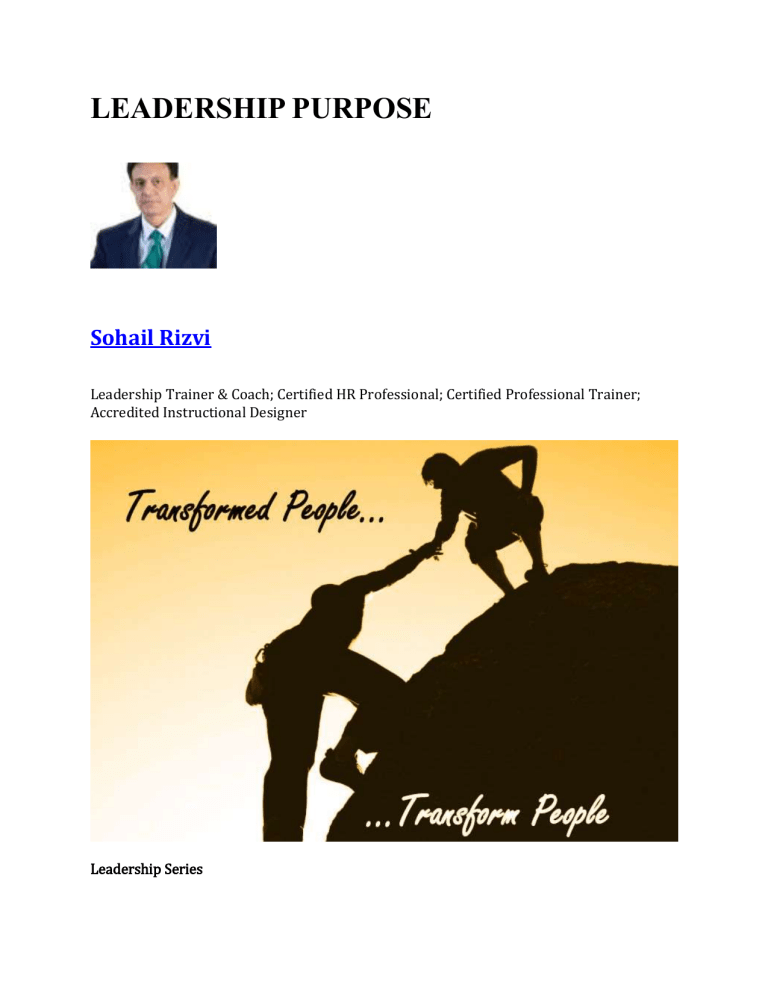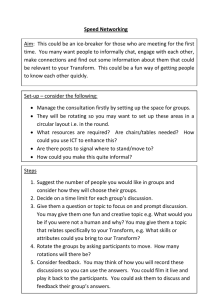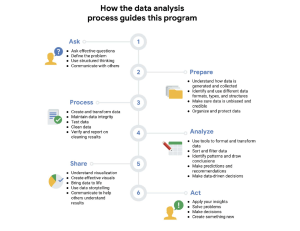
LEADERSHIP PURPOSE Sohail Rizvi Leadership Trainer & Coach; Certified HR Professional; Certified Professional Trainer; Accredited Instructional Designer Leadership Series by Sohail Rizvi May 14, 2020 Let me admit at the onset that I may not be the most read person on leadership or a researcher on this topic. But during my 35 years of my professional journey from a customer services officer at a Chain of Department Stores in Los Angeles to a CEO of Regional Learning Group in Dubai, I have first-hand experience of many types of leaders, who were very different but highly effective. In my early years as a leader, I believed (I think many still do) that personality has strong impact on leadership effectiveness. I had been an unaware introvert and thought that I can never become a good leader because I am not talkative or social. But when I was led by different personalities, I learned that both introvert or extrovert; a high risk-taker or a low risk-taker; an analytical planner or an onthe-spot decision maker; they all can be extremely inspiring leaders of their teams and result producer for their organizations. As I moved up into the field of learning and development, I was extremely intrigued by the concept of “Start with Why – The Purpose” from Simon Sinek. So as a leadership development trainer and Coach, I asked myself; what should be the “Why or Purpose for leaders. If I could decipher this, I can develop leaders around that. I didn’t realize that this search would be so tedious and illusory. Initially, I worked on the notion that leaders develop leaders. It seemed like a reasonable purpose in the beginning but when I put this in practice, I was unable to identify what should a leader inculcate in the people to become leaders. Besides, I could not digest the concept that a leader can make everyone into a leader. If that was the case, then every member in our teams or every child in our family could become an equally effective leader and a potential successor. In real life that does not happen. My search for ‘Purpose of Leadership’ took a new turn when I went back to investigate on the mission and purpose of great leaders in our history. This new line of thinking led me to a treasure of knowledge and finally I found that the real purpose of leaders is to build character in the people in his/her circle of influence. That led to another question. What constitutes character? I summarized few elements that consider integral to character, I am presenting few elements below, but these are not exhaustive and I encourage readers to add to it: 1. Truthful and honest 2. Trust worthy 3. Lives by values 4. Professional integrity 5. Value contributor 6. Investigates for veracity 7. Respectful to all 8. Thinks and decides for greater good 9. Transparent and radically candid 10. Empathetic listener You will definitely say, well this is so common sense and simple. Well it is! We have made leadership complicated by creating so many fancy theories and complex programs. What I am proposing is that it is not the purpose of the leader to have these characteristics, that is given. But rather their single most important job is to inculcate these in the people in their circle of influence. Therefore, the purpose of leadership in one statement could be described as the “Character Building”. If leader has these characteristics, he will have respect of its team and will achieve outstanding results but it will not transform the organization or society. The transformation is the real measure of leadership success, which requires that people or society as whole change the way it thinks and operates. Take for example; Muhammad Ali Jinnah, founder of Pakistan was a leader of high standards of character and he achieved remarkable result by creating an independent Islamic state but he could not transform the society or nation, for one reason or another. Whereas, Prophet Muhammad was himself a man of highest ethical and moral standards but was also able to transform the people and the social set up through focusing on character building. Similar examples can be cited from many other nations and societies. This does not mean that a leader can transform everyone and all the times. But still that is the mission and main job of a leader. His/her success will be measured by the change in the ways people think and behave in an organization, society or family. Therefore, whether you are a manager in your organization or parent in your home, your main purpose as a leader of a team or family should only be towards building the elements of character building of your members and the results beyond your expectations will be a by-product of this effort. So, start by asking a question every day; Whom have I enabled to become a better person today.


